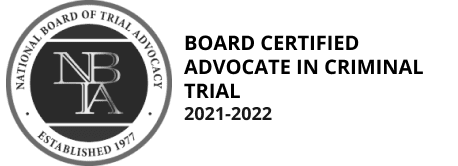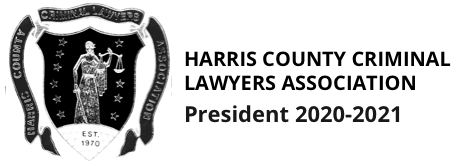Trust Proven Texas Trial Attorneys for your Felony DWI
Being charged with any DWI offense can put a lot on the line, but if that offense meets criteria outlined under Texas law for felony-level allegations, defendants often face severe and life-altering penalties. When it comes to your freedom and future, subpar legal representation simply won’t cut it.
Thiessen Law Firm is comprised of proven and nationally recognized Houston DWI defense attorneys with demonstrated success in cases involving misdemeanor and felony DWI. Whether you or your loved one have been charged with a felony DWI in connection to a singular offense involving driver impairment and a motor vehicle accident, or as a result of accumulating too many DWI convictions on your record, our firm is poised and prepared to provide the aggressive and knowledgeable representation you need.
Why Thiessen Law Firm?
- Led by a Board Certified Criminal / DWI Specialist – Founding Attorney Mark Thiessen is Triple Board Certified in Criminal Law by the Texas Board of Legal Specialization, DWI Defense Law by the National College for DWI Defense, and DWI Law by the DWI Defense Lawyers Association
- A Proven Record of Results – Our attorneys have secured more than 100 “not guilty” verdicts for our clients, as well as a number of positive resolutions in all types of DWI and criminal cases.
- Step-by-Step Guidance – From assistance with bail bonds to independent investigations, customized defense strategies, and the plea negotiation or trial process, we guide clients through every step of their legal journey with a firm stance on protecting their rights.
- True Fighters – Attorney Mark Thiessen and our legal team are passionate about fighting for the rights, freedoms, and futures of our clients – both inside and outside of the courtroom.
Felony DWI in Texas: A Life-Threatening Allegation
Make no mistake about it, felony DWI charges are serious and potentially life-altering allegations. From threatening one’s personal and professional reputation to creating exposure to a loss of civil rights, license suspension or revocation, court supervision, substantial monetary penalties, and significant terms of imprisonment, felony DWI charges mean there’s a lot you can lose.
Under Texas law, driving while intoxicated or under the influence of drugs is typically a misdemeanor offense. However, there are certain circumstances which can elevate these charges to felonies.
DWI can be charged as a felony in Texas if the following applies:
- A Third DWI– If you have two or more DWI convictions on your record, you can potentially be charged with a felony DWI. As a third-degree felony, this charge is punishable by a 2-year driver’s license revocation, fines and fees amounting to $10,000, court-ordered community service, and up to 10 years in a Texas state prison.
- Accidents Resulting in Injury – Motorists suspected of driving while intoxicated or under the influence of drugs may be hit with felony DWI charges if they are also suspected of causing accidents that resulted in any person suffering serious injuries. In addition to hundreds of hours of court-mandated community service, up to $10,000 in fines and fees, and driver’s license suspension/revocation, being convicted of this third-degree felony (known as “intoxication assault”) can subject defendants to up to 10 years in state prison. The law notes victims must suffer “serious bodily injury” as a proximate cause of a defendant’s intoxication for prosecutors to pursue this charge.
- Accidents Resulting in Death – There are few circumstances as serious as fatal accidents, which is why felony DWI allegations stemming from wrecks where a victim is killed make for the most serious DWI / DUI charge a person can face in Texas. Known as “intoxication manslaughter,” this second-degree felony offense is punishable by up to 20 years in state prison.
- DWI with Child Passenger – Being arrested under suspicion of driving while intoxicated or under the influence of drugs with a child passenger in the vehicle is a state jail felony. As such, it’s punishable by a minimum of 180 days in jail and up to 2 years in a state jail facility. Under Texas law, a “child passenger” is any minor under the age of 15.














